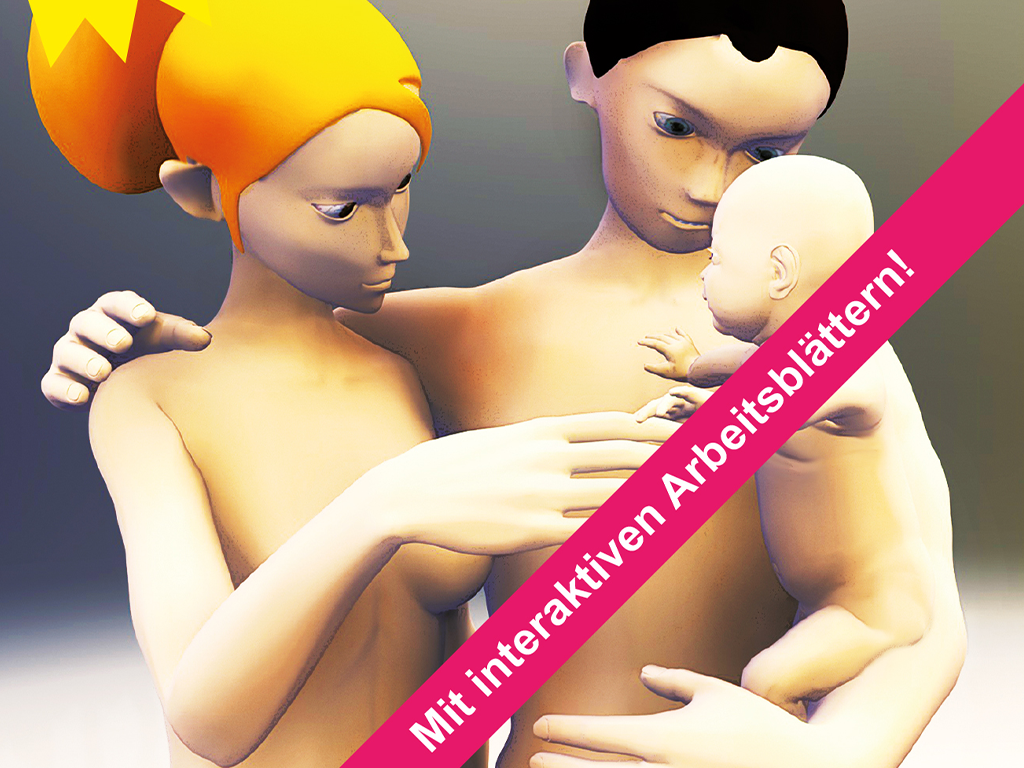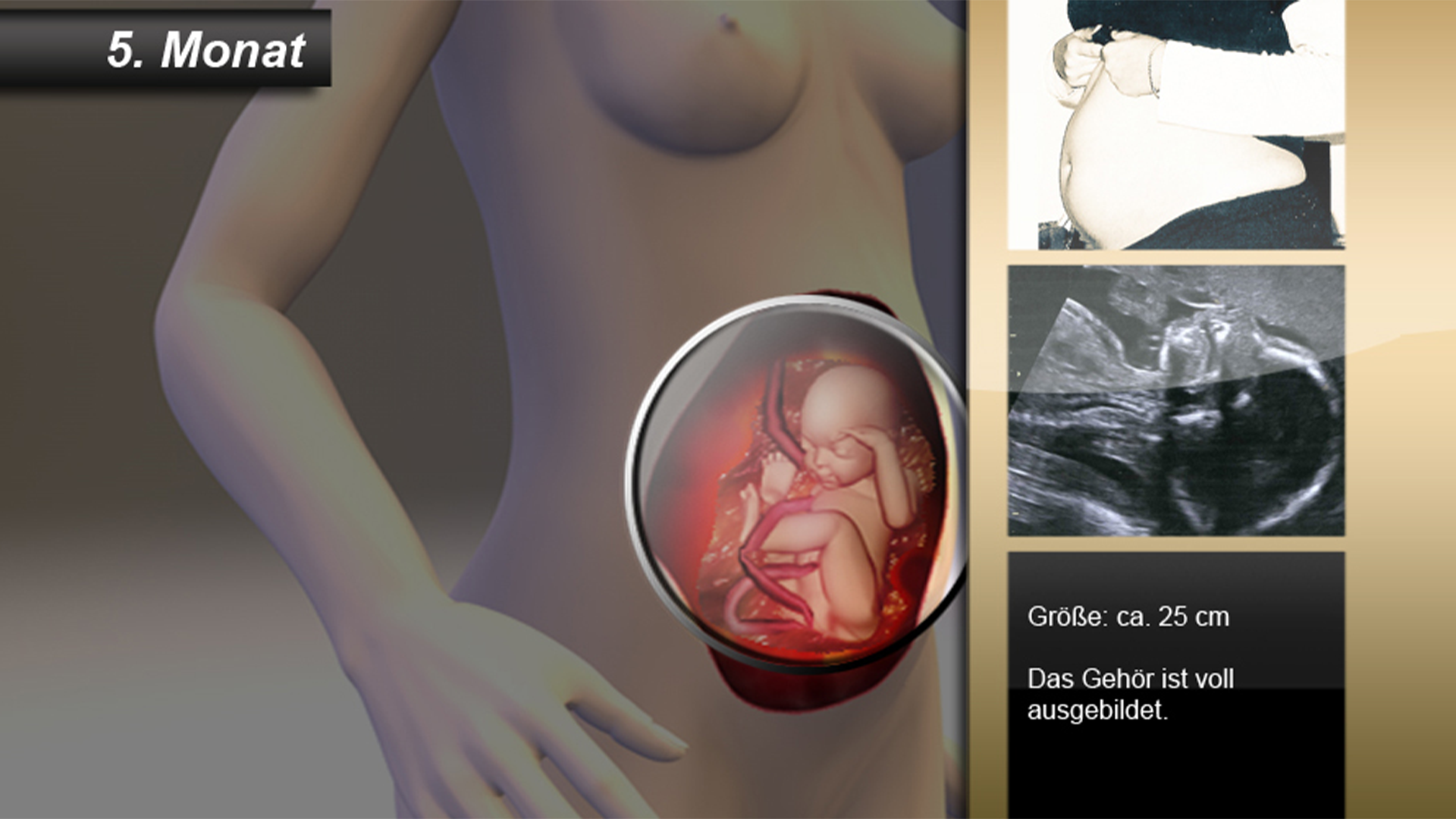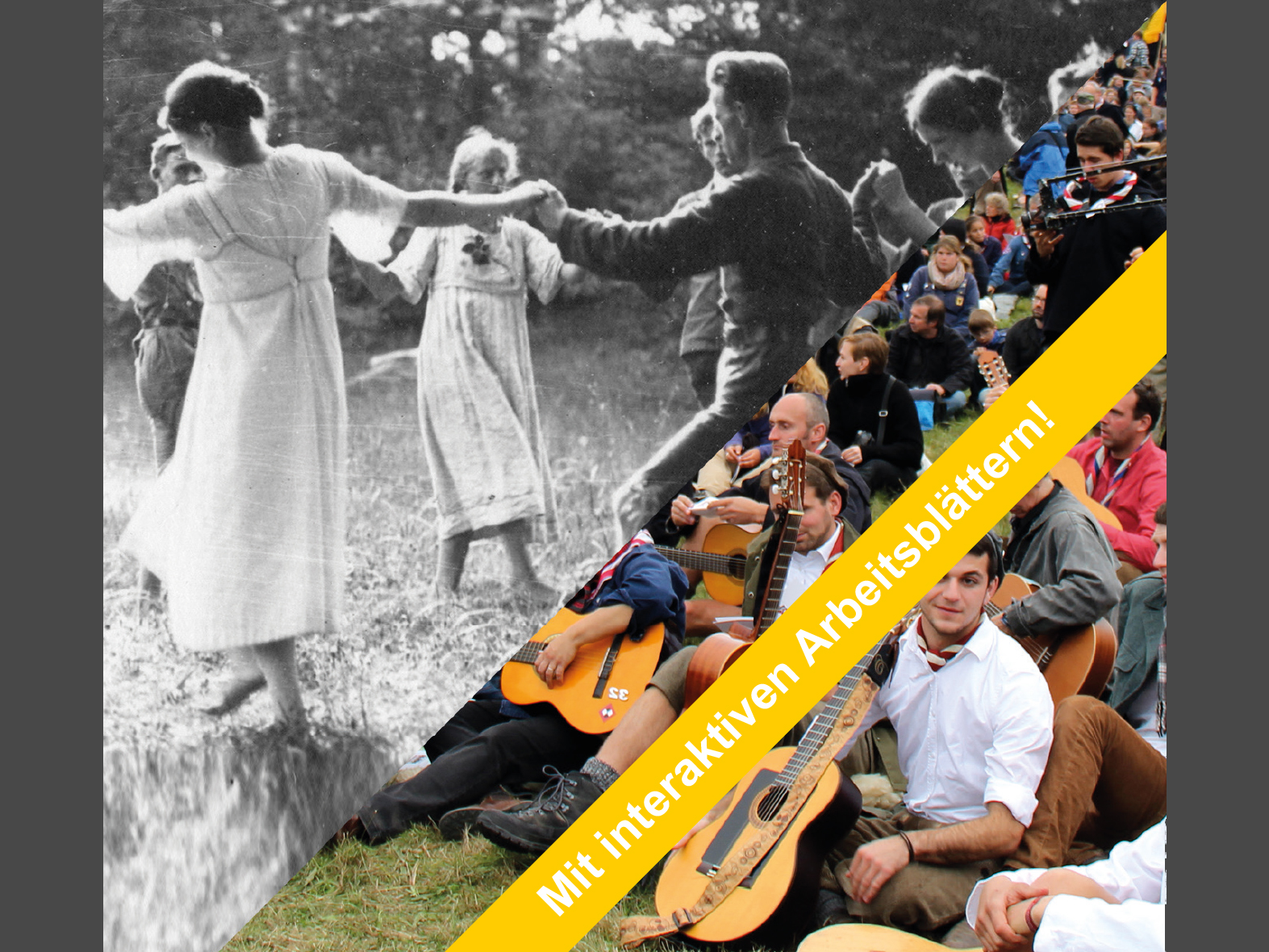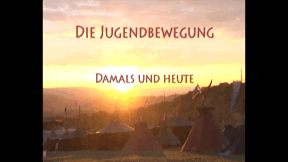 Health, Primary School
Health, Primary School


4665850 / 5558085
Sex Education
Fertilisation, Pregnancy, Birth
The creation of a new human being is a miracle. Children are interested in where they come from. They want to know how a baby gets into the mother’s womb, how it develops inside and is finally born. The film answers questions about fertilisation, pregnancy and birth. As an introduction similarities and differences of men and women are presented and explanations are provided about what role the male and female sexual organs play in procreation. Subsequently the topic of fertilisation is dealt with. The development of the fertilised egg cell into the embryo and finally the foetus is described. The pupils learn about the baby’s stage of development in any month of pregnancy. Then the progression of a birth is described. Eventually the film explains how the new-born baby must be cared for, what it needs and what it cannot do yet. Together with the extensive accompanying material the DVD is eminently suited for use in the classroom.
Play trailer

Curriculum-centred and oriented towards educational standards
Matching
Internet Addiction
The film consists of two parts. The first part is the 15-minute short film “In the Net”. It describes the problem of excessive Internet use in a humorous way, in particular the risk of losing touch with reality when chatting. The second part illustrates with three real persons how Internet addiction can develop and the problems encountered by those who are afflicted. The authentic statements are commented by an experienced therapist. For many pupils, the issues addressed here are related to their everyday lives. What is a “sensible” use of the Internet, where does pathological addiction start? In contrast to addiction to alcohol, nicotine or drugs, the public seems to be largely ignorant of the problem of this addiction, which is not related to any substance abuse. The film provides material for discussion in the classroom (crossdisciplinary) and can be used as a basis for the formulation of prevention strategies.
Blogging
The weblog or blog, for short, as a medium is not much older than this century. Blogs came into being in the World Wide Web as ’messages from below’, as web pages from web creators who wanted to share their view of the world with the world. They are short notes, long texts, pictures, videos, which are posted loosely and at random intervals to the world for an undefined public.
Youth Movement
Dancing until your feet hurt: Here, at the meeting on the Hoher Meissner near Kassel, 3,500 participants from Boy Scout associations, youth and Wandervogel groups from all over the German-speaking region have gathered. They want to celebrate, simply get to know each other and commemorate a historic anniversary.









